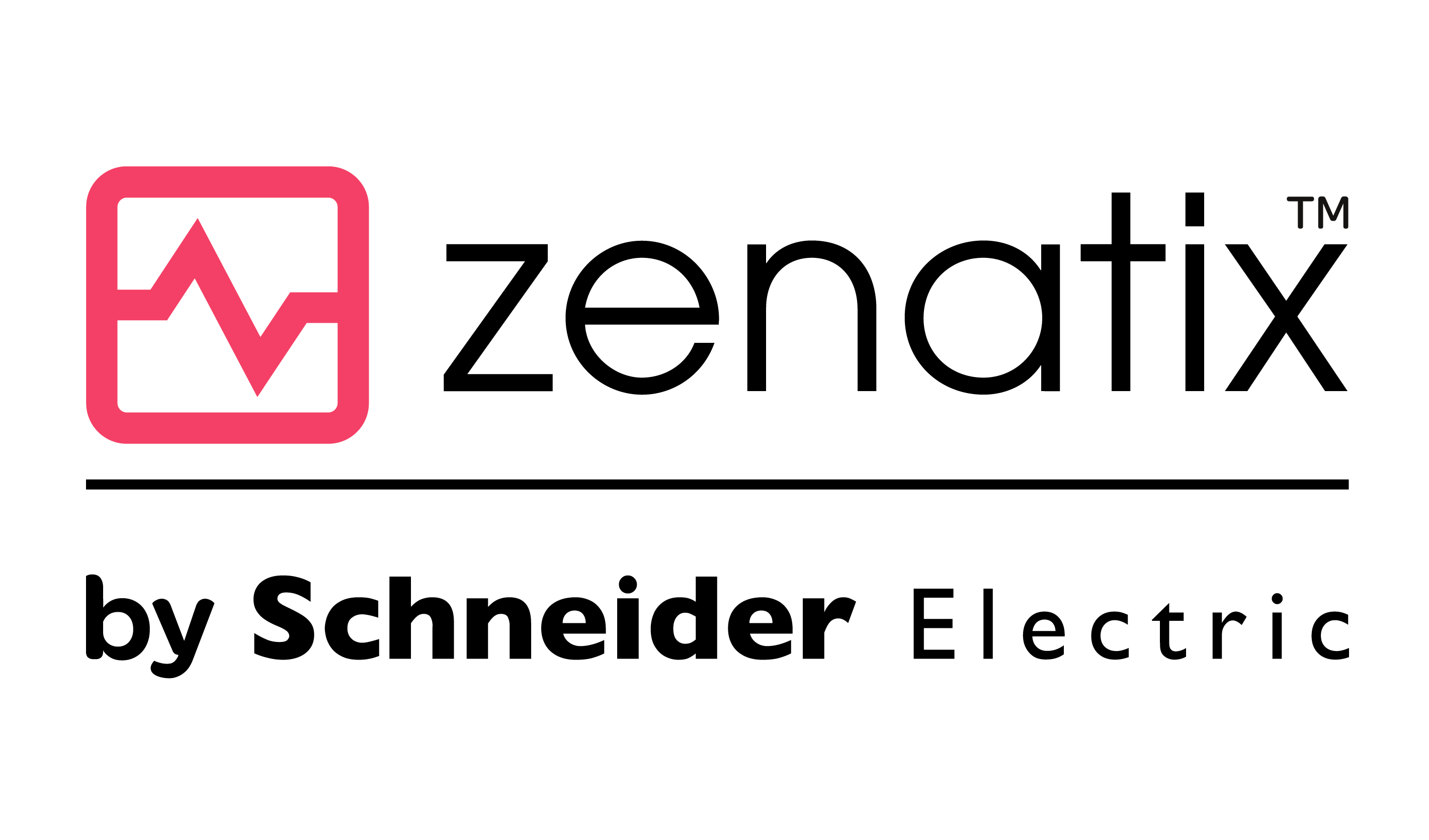According to experts, energy efficiency in hotels should be a top priority. Data reveals that the heating, ventilation, and air conditioning (HVAC) system alone accounts for 50% of total energy use in hotels. It is the biggest energy guzzler. If the HVAC system isn’t properly managed, it can significantly contribute to high energy costs.
From occupancy comfort to improved facility management, integrating IoT in hospitality can ensure higher customer satisfaction required to remain competitive. On the other hand, it helps to cut down on energy expenses. Hence, it becomes even more important for hoteliers to consider implementing an IoT based energy management system to reduce these expenses.
How can IoT help in Energy Management?
The energy management systems can help the facility managers achieve deep visibility into the property’s operations and equip them to set intelligent AI/ML-based controls across their entire asset portfolio. There have been multiple instances where remote asset monitoring has helped facility managers identify multiple sub-optimal operations in their properties, such as:
- Assets like HVAC systems running out of operation hours or in vacant spaces for hours, leading to a significant energy wastage
- Poorly optimized AHUs lead to over-cooling, which result in energy wastage and poor guest comfort
Experts suggest investing in IoT based HVAC automation will provide good ROI because the related energy cost is significantly high. Further, good IoT-based energy management systems showcase expedited ROI achieved in 14-18 months.
Is IoT all about Energy Management?
No, Energy management isn’t the only goal that hoteliers are seeking. There are numerous operational challenges for which hoteliers constantly seek optimal solutions. These challenges include:
- Lack of centralized visibility into operations of assets at multiple distributed properties in the portfolio
- Lack of visibility into comfort compliances such as temperature, humidity, indoor air quality, etc.
- Lack of visibility into asset health & predictive maintenance leading to unpredictable breakdowns and lower asset life
- Lack of visibility into low power factors and current imbalances, leading to bill penalties and safety hazards
How can IoT help resolve these issues?
Implementing IoT solutions in a hotel can be a revolutionary step to resolve all the challenges mentioned above and to ensure significant energy savings. IoT based solutions bring a bundle of benefits in addition to energy efficiency e.g.
- Real-time & centralized visibility of operations across multiple properties
- Intelligent automation of assets like HVAC systems to ensure comfortable ambience
- Prevention of energy hazards and providing automated alerts for low power factors and current imbalances
- Providing centralized visibility into asset health, avoiding unforeseen breakdowns and ensuring optimal safety

Fig: Benchmark Energy Consumption Per Room Night

Fig: Benchmark temperatures in lobbies across all your properties

Fig: Beyond automation, tickets for asset management
To sum it up, there’s no doubt saying that the Internet of Things (IoT) definitely has the potential to transform the hospitality industry by increasing operational efficiency, improving consumer experiences, and saving on energy costs.
